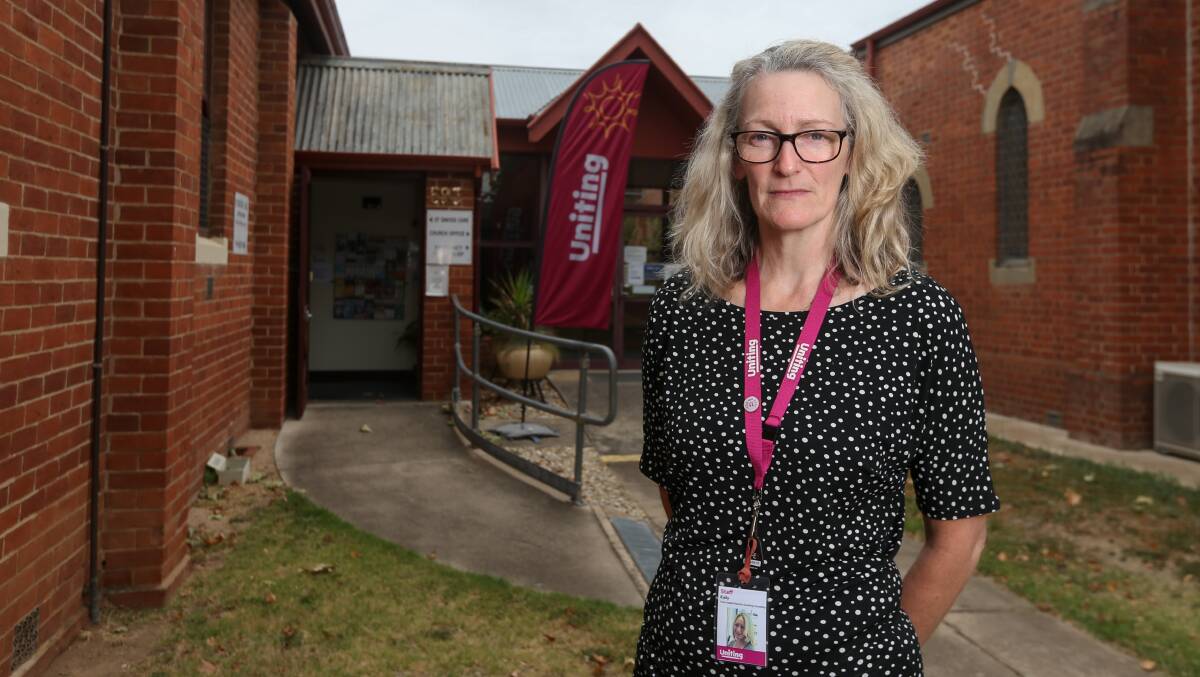
Increased government support, rental moratoriums and a hold on debt repayments have masked the true effects of the COVID-19 pandemic.
Subscribe now for unlimited access.
$0/
(min cost $0)
or signup to continue reading
But with many supports ceasing on April 1 and job seekers outnumbering the number of border job openings 13 to 1, charities fear many residents will left in a perilous situation.
Uniting Care gambling and financial counselling team leader Kaily Goodsell fears residents will turn to pay-day lenders out of desperation.
"All these things being pulled back if not stopped all together - it's the perfect storm," Ms Goodsell said.
"There's huge levels of stress being felt locally and that can come out in depression and anxiety.
"We don't want people to make rash decisions or unwise decisions to go to payday lenders because you end up paying exorbitant interest and fees through desperation.
"The worst thing you can do is nothing, you have to address it, it won't go away."
Beyond Housing's Celia Adams said it was easy for people to tell those on JobSeeker to simply 'get a job' but the reality was much harsher with the number of people looking for work vastly outnumbering the number of open positions in the region.
"There's already so many people looking for employment, it's just devastating," she said.
IN OTHER NEWS:
Ms Adams described the government's $50 a fortnight increase to the JobSeeker payment - $3.75 a day - as 'totally inadequate'.
"The income support payment remains below the poverty line," she said.
"When you already live in poverty it's a barrier in and of itself to finding work. It's difficult to find work when you don't have somewhere to sleep, or wash your clothes, or prepare and write a job application.
"The really low rate of JobSeeker keeps people in poverty and deprives people of the opportunity to improve their circumstances."
Ms Goodsell said the $3.75 increase was insulting.
"It makes people feel worthless on an emotional level," she said.
"I know a lot of people say 'go get a job' but a lot of people on JobSeeker don't have the option to go get a job. There are many reasons why they might be on payments, including domestic violence.
"The majority of the people are on JobSeeker because they have to be. That's bad enough but to have such a small increase and be told to be thankful compounds an already bad situation for them."
Ms Goodsell said financial counsellors could advise residents and advocate on their behalf free of charge and creditors should hold off action until after the financial counselling appointment.


